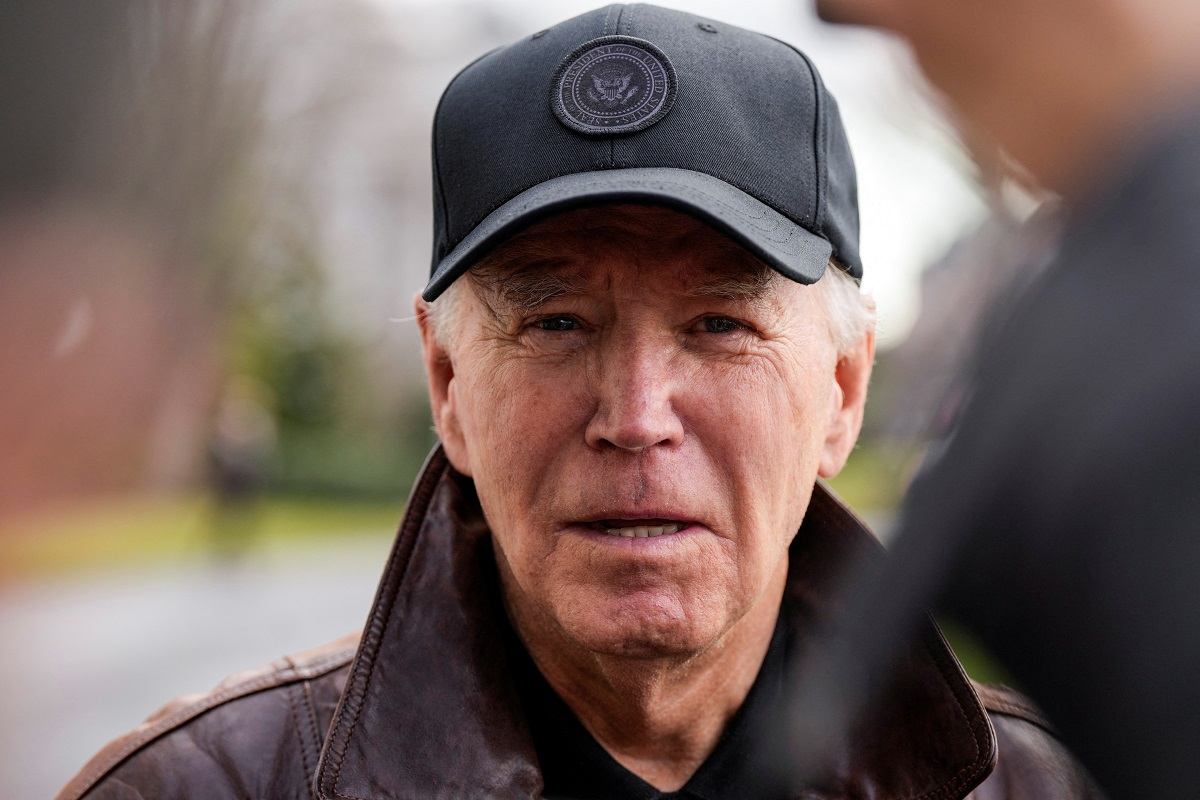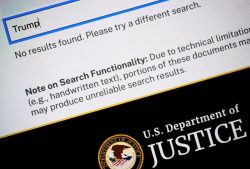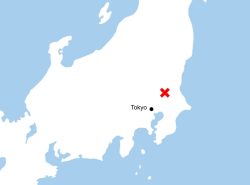
U.S. President Joe Biden speaks to the media as he departs for Camp David from the White House in Washington, U.S., January 13, 2024.
13:04 JST, January 14, 2024
WASHINGTON (Reuters) – U.S. President Joe Biden said on Saturday the United States does not support the independence of Taiwan, after Taiwanese voters rebuffed China and gave the ruling party a third presidential term.
Earlier in the day, the Taiwanese ruling Democratic Progressive Party’s (DPP) presidential candidate Lai Ching-te came to power, strongly rejecting Chinese pressure to spurn him, and pledged both to stand up to Beijing and seek talks.
“We do not support independence…” Biden said, when asked for reaction to Saturday’s elections.
Hours ahead of the polls opening, Washington had warned “it would be unacceptable” for “any” country to interfere in the election.
Taiwan, a neighboring island China claims as its own, has been a democratic success story since holding its first direct presidential election in 1996, the culmination of decades of struggle against authoritarian rule and martial law.
The United States is Taiwan’s most important international backer and arms supplier despite the lack of formal diplomatic ties with the island.
U.S. Secretary of State Antony Blinken congratulated Lai Ching-te on his victory and said the United States “is committed to maintaining cross-strait peace and stability, and the peaceful resolution of differences, free from coercion and pressure.”He said the U.S.looks forward to working with Lai and leaders of all parties in Taiwan to advance their “longstanding unofficial relationship, consistent with the U.S. one China policy.”
The Biden administration has feared that the election, transition and new administration would escalate conflict with Beijing.
Biden has worked to smooth relations with China, including agreeing to talk through differences on security matters at a California summit with President Xi Jinping in November.
Taiwan’s government expects China to attempt to put pressure on its incoming president after the vote, including staging military maneuvers near the island this spring, two senior government officials said. China has never renounced the use of force to bring Taiwan under its control.
In a show of support for the government, Biden plans to dispatch an unofficial delegation to the self-governed island, according to a senior Biden administration official.
The delegation is likely to include some former high-ranking American officials, according to the official, who said the names have not been finalized. Similar delegations have been sent to Taiwan in the past.
China was angered in 2016 when then-President-elect Donald Trump spoke by phone with President Tsai Ing-wen of Taiwan, the first such conversation between U.S. and Taiwan leaders since President Jimmy Carter switched diplomatic recognition from Taiwan to China in 1979.
"News Services" POPULAR ARTICLE
-

American Playwright Jeremy O. Harris Arrested in Japan on Alleged Drug Smuggling
-

Japan’s Nikkei Stock Average as JGB Yields, Yen Rise on Rate-Hike Bets
-

Japan’s Nikkei Stock Average Licks Wounds after Selloff Sparked by BOJ Hike Bets (UPDATE 1)
-

Japanese Bond Yields Zoom, Stocks Slide as Rate Hike Looms
-

Japan’s Nikkei Stock Average Buoyed by Stable Yen; SoftBank’s Slide Caps Gains (UPDATE 1)
JN ACCESS RANKING
-

Keidanren Chairman Yoshinobu Tsutsui Visits Kashiwazaki-Kariwa Nuclear Power Plant; Inspects New Emergency Safety System
-

Imports of Rare Earths from China Facing Delays, May Be Caused by Deterioration of Japan-China Relations
-

University of Tokyo Professor Discusses Japanese Economic Security in Interview Ahead of Forum
-

Japan Pulls out of Vietnam Nuclear Project, Complicating Hanoi’s Power Plans
-

Govt Aims to Expand NISA Program Lineup, Abolish Age Restriction

























